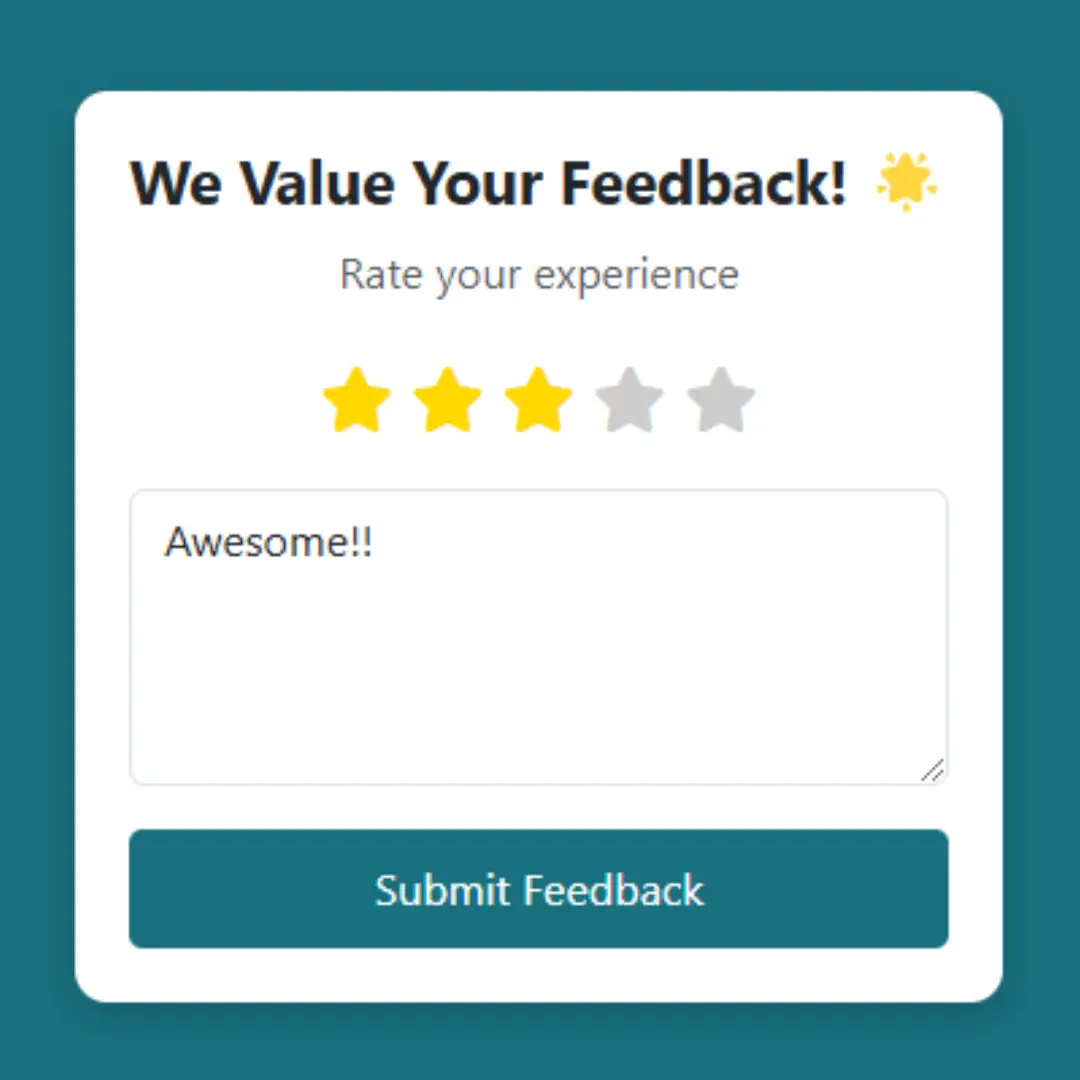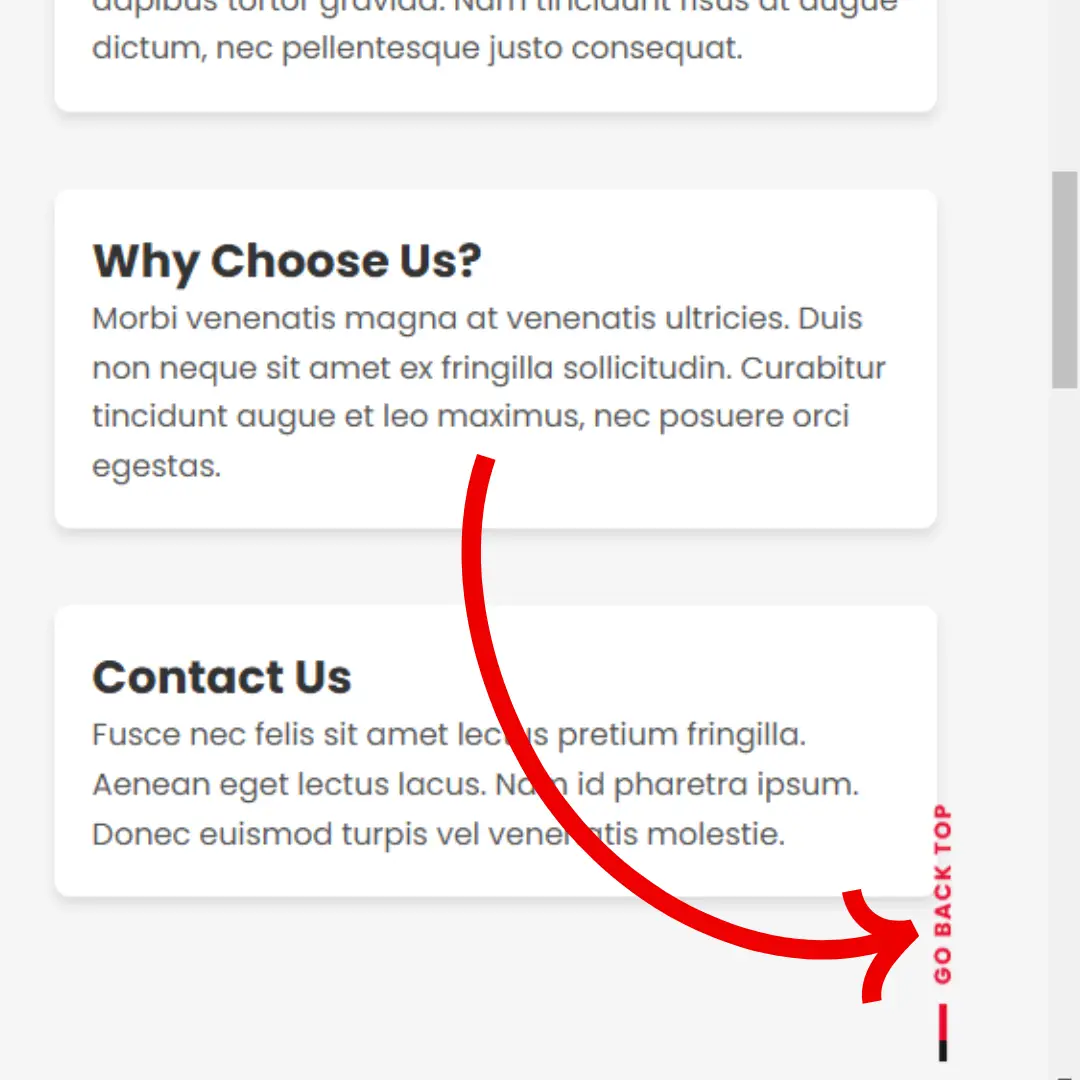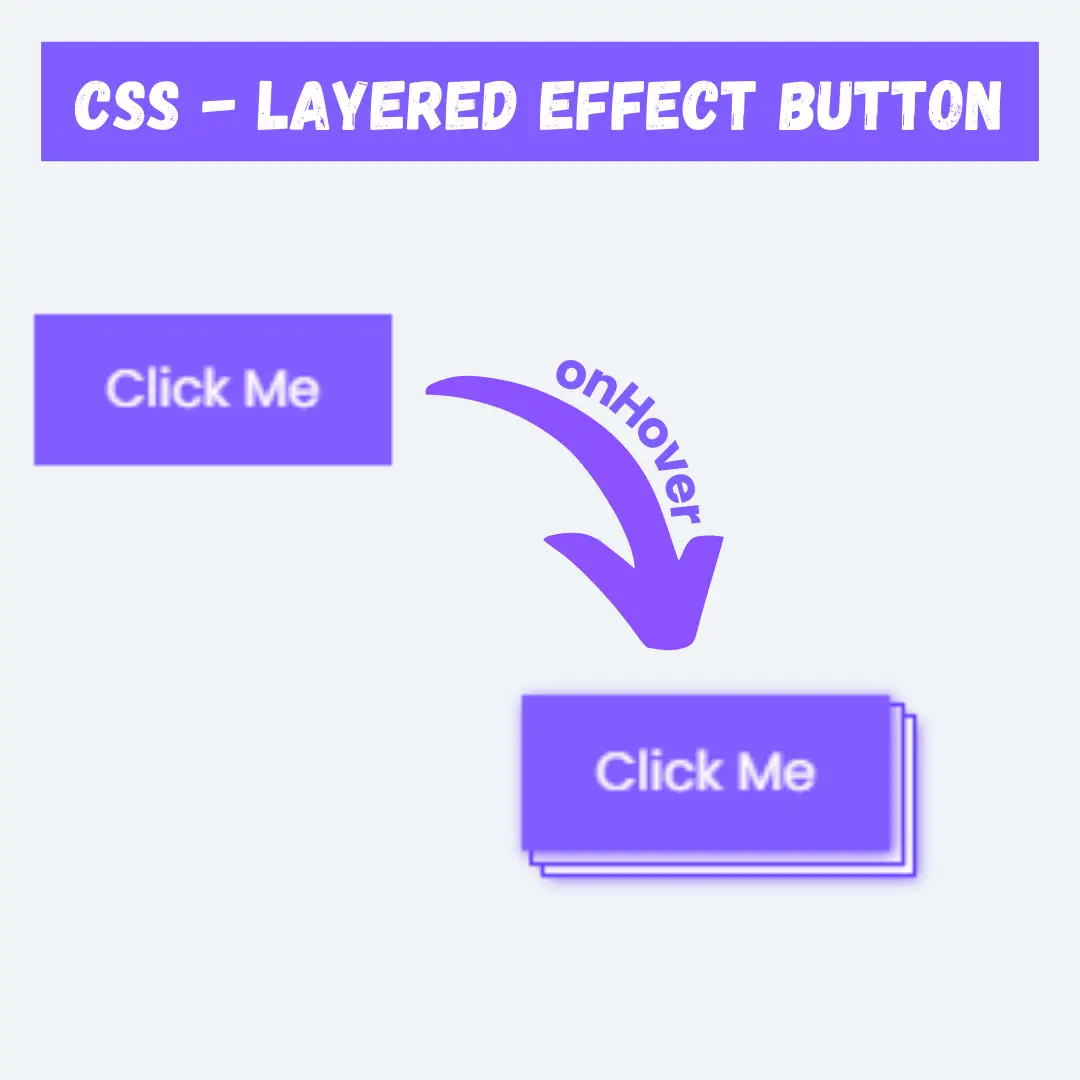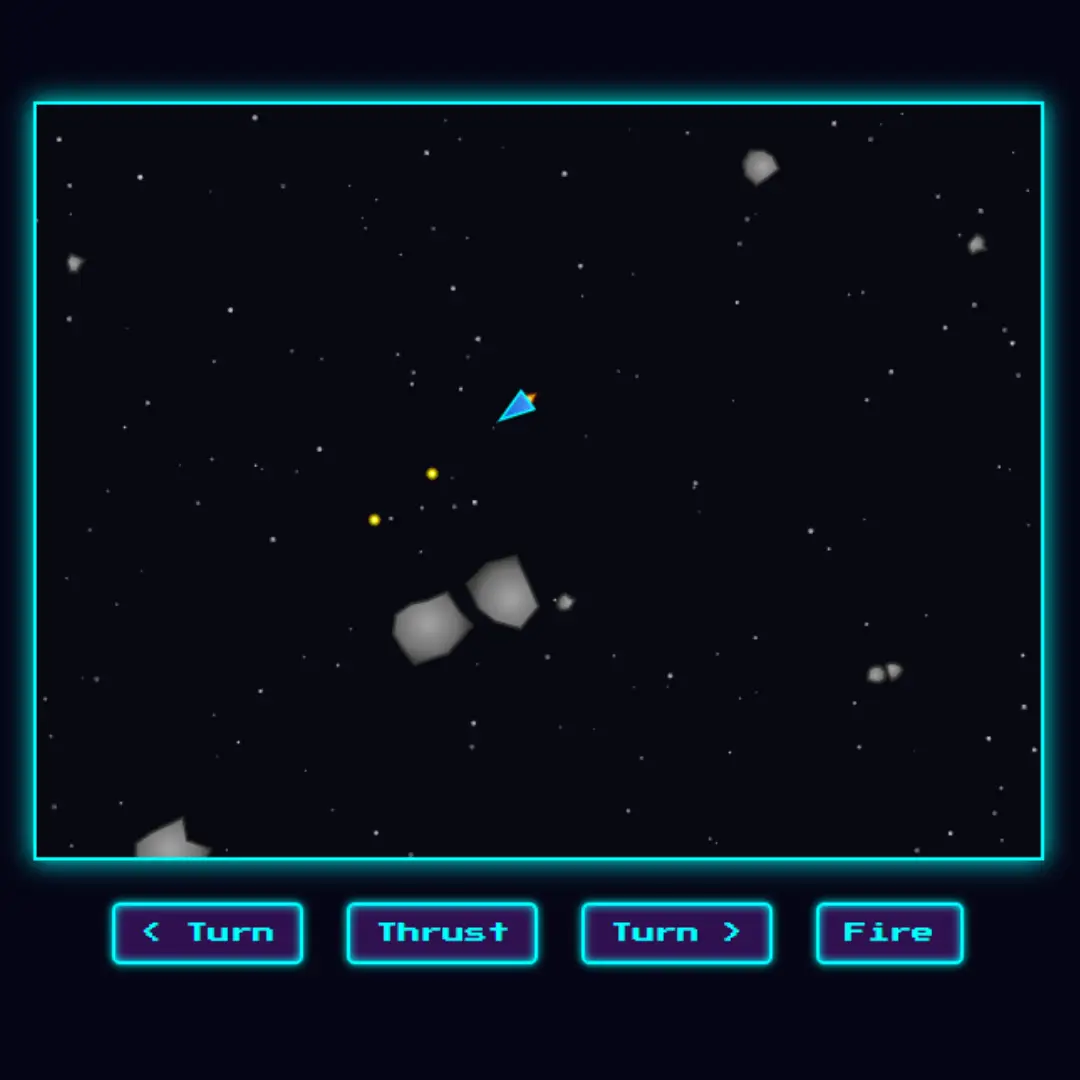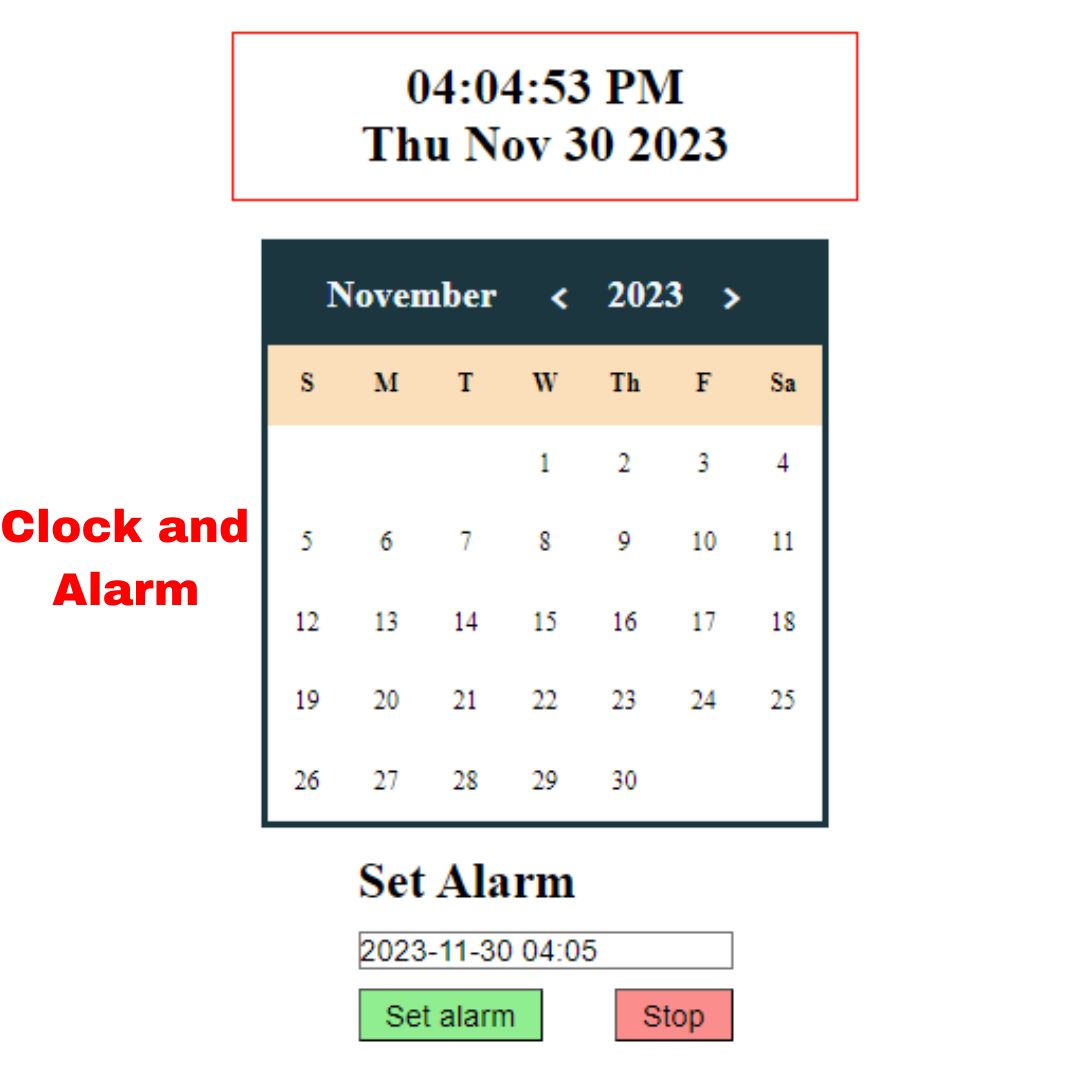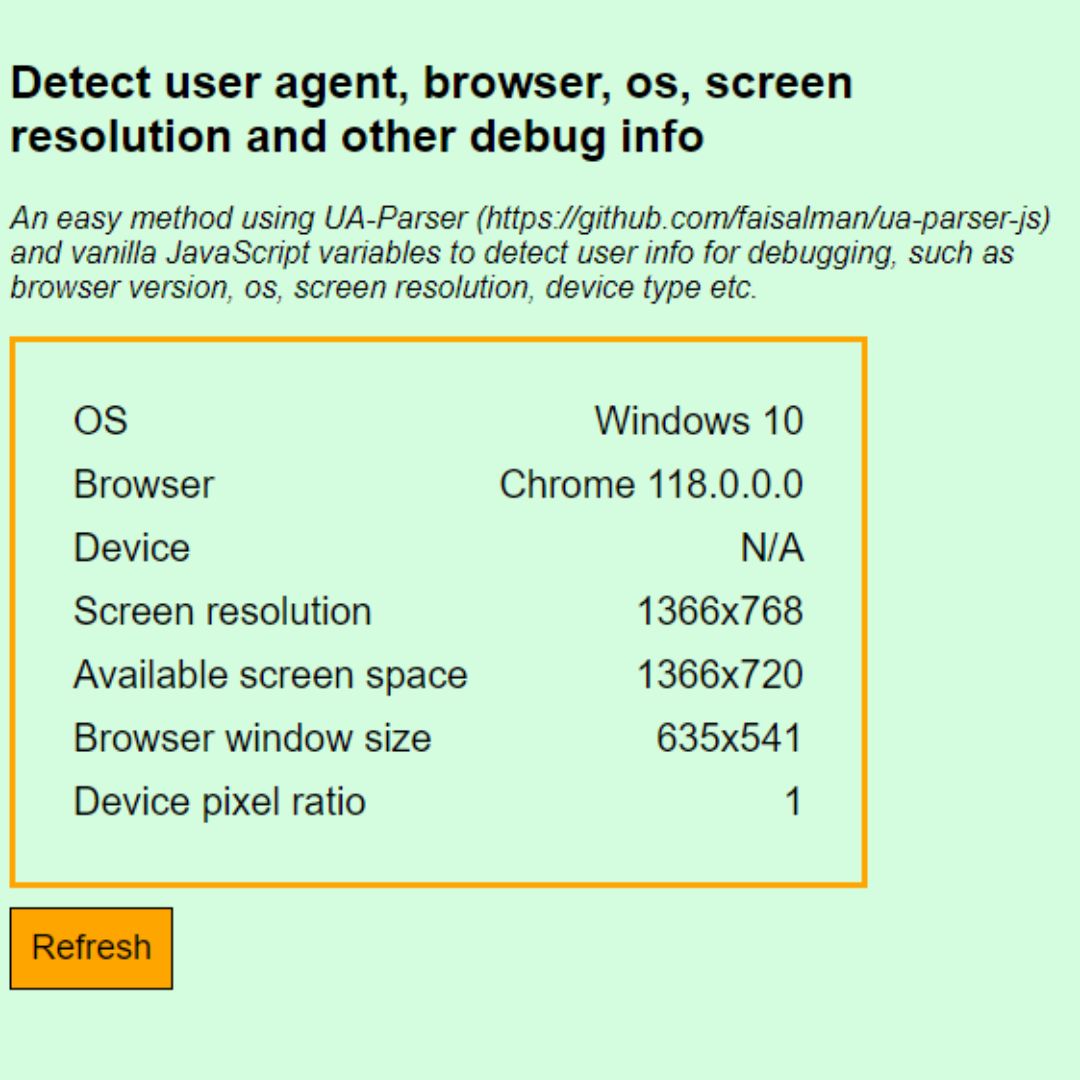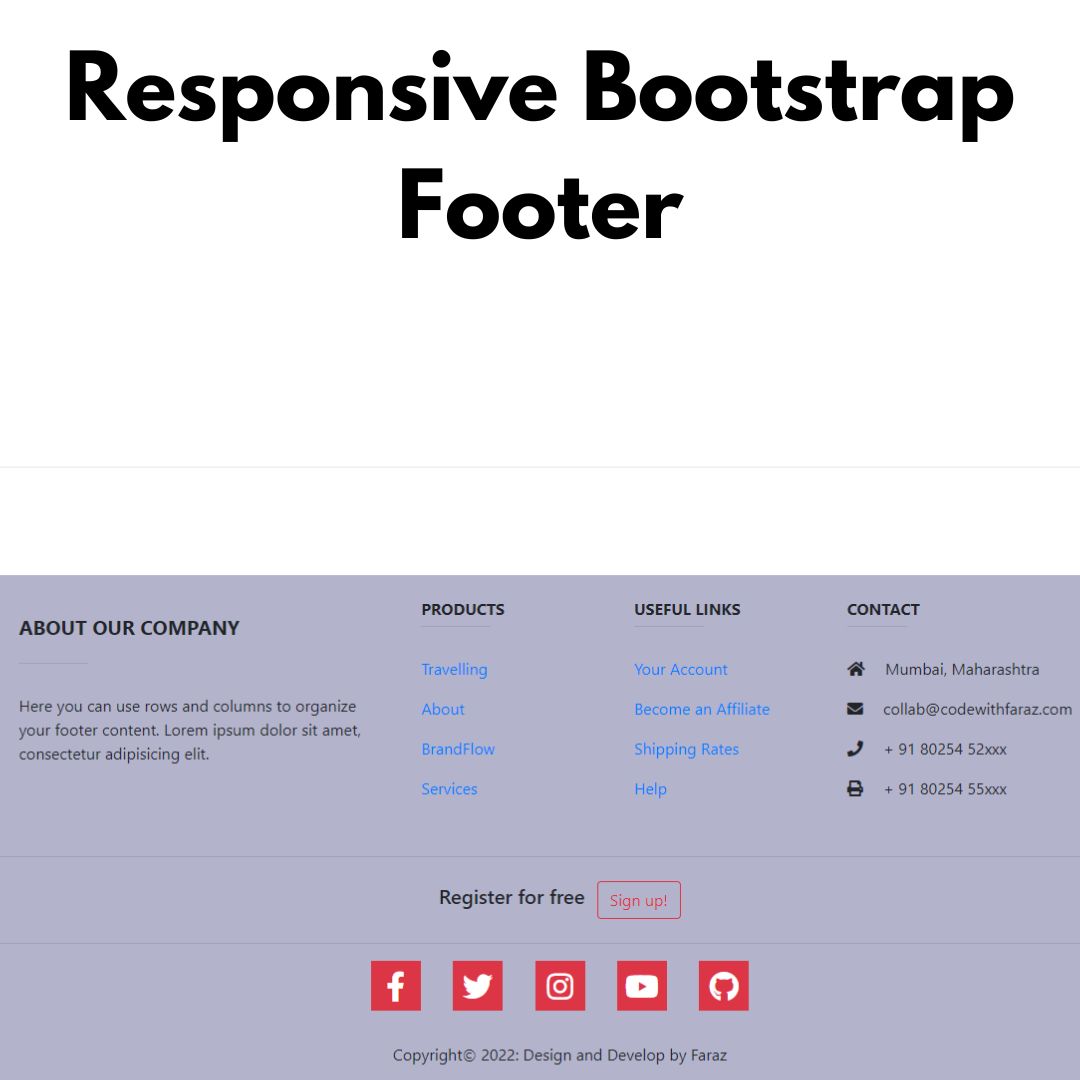Learn how to create a simple joke generator in Django with our easy-to-follow guide. Perfect for beginners! Step-by-step instructions and styling tips included.

Creating a joke generator in Django is a fun and educational project that can help you get started with web development. This guide will walk you through setting up a basic Django app that randomly displays jokes. Whether you’re a beginner looking to learn Django or just want to create a light-hearted app, this step-by-step tutorial will make it easy to build your own joke generator.
Setting Up Your Django Project
Installing Django
Before starting, ensure you have Python installed. You can install Django using pip:
pip install django
Creating a new Django project
Create a new Django project using the following command:
django-admin startproject joke_generator
Setting up the project structure
Navigate into your project directory:
cd joke_generator
Create a Django App
Create a new app within your project:
python manage.py startapp joke
Adding the app to the project
Add joke to INSTALLED_APPS in joke_generator/settings.py:
INSTALLED_APPS = [
'joke',
'django.contrib.admin',
'django.contrib.auth',
'django.contrib.contenttypes',
'django.contrib.sessions',
'django.contrib.messages',
'django.contrib.staticfiles',
]
Create a Joke Generator
Create Views
Define a view in joke/views.py to handle joke generation:
from django.shortcuts import render
import random
# List of jokes
JOKES = [
"Why don't scientists trust atoms? Because they make up everything!",
"Why did the math book look sad? It had too many problems.",
"Why don't programmers like nature? It has too many bugs.",
"What do you get when you cross a snowman and a vampire? Frostbite.",
"A Pen is worth a thousand docs.",
"Be the developer your linter thinks you are.",
"How do you comfort a JavaScript bug? You console it.",
"How would you React if I said I love Vue.",
"If a groundhog inspects their Web Component, do they see their Shadow DOM.",
"If you get tired, be like an AJAX request and REST.",
"If you want to flex your skills and go off the grid, try coding a layout with float.",
"Keep friends close and formatters closer.",
"Keep the <main> thing the <main> thing.",
"Knock knock! Race condition. Who's there.",
"Learning 3D transforms in CSS requires a little perspective.",
"Old programmers never die; they just lose some of their functions.",
"Promise you'll await for me.",
"Save your sass for CSS. Everywhere else, be kind.",
"The best caches are like the best hugs. Warm.",
"The Pen is mightier than the sword.",
"There are 10 kinds of people, those who understand binary and those who don't.",
"There are two hard things in computer science: cache invalidation, naming things, and off-by-one errors.",
"Two CSS properties walk into a bar. A barstool in a completely different bar falls over.",
"We would have called your functions earlier, but we were in a bind.",
"We'd ask you for an infinite loop joke, but we'd never hear the end of it.",
"We're stronger <u>nited than <div>ided.",
"What did the colon say to the semicolon? Stop winking at me.",
"What did the HTML say to the CSS? I like your style.",
"What do you call a two-legged ghost cow? Boolean Beef.",
"What's a functional programmer's favorite animal? A lamb, duh.",
"Who's loopier? A fruit loop or a for loop.",
"Why did the programmer quit her job? She didn't get arrays.",
"💕 I'm the CSS to your HTML."
]
def joke_generator(request):
joke = random.choice(JOKES)
return render(request, 'joke.html', {'joke': joke})
Create a URL Pattern:
In joke, create a new file named urls.py and define the URL pattern:
from django.urls import path
from . import views
urlpatterns = [
path('', views.joke_generator, name='joke_generator'),
]
And include this URL configuration in joke_generator/urls.py:
from django.contrib import admin
from django.urls import include, path
urlpatterns = [
path('admin/', admin.site.urls),
path('', include('joke.urls')),
]
Create Templates
Create a template to display the joke. Create a file joke/templates/joke.html:
<!DOCTYPE html>
<html lang="en">
<head>
<meta charset="UTF-8">
<meta name="viewport" content="width=device-width, initial-scale=1.0">
<title>Joke Generator</title>
<style>
body {
font-family: Arial, sans-serif;
background-color: #f4f4f4;
margin: 0;
padding: 0;
display: flex;
justify-content: center;
align-items: center;
height: 100vh;
}
.container {
background-color: #ffffff;
border-radius: 8px;
box-shadow: 0 4px 8px rgba(0, 0, 0, 0.1);
padding: 20px;
text-align: center;
max-width: 600px;
width: 100%;
}
h1 {
color: #333;
}
p {
font-size: 18px;
color: #555;
}
button {
background-color: #007bff;
border: none;
color: white;
padding: 10px 20px;
font-size: 16px;
border-radius: 4px;
cursor: pointer;
transition: background-color 0.3s ease;
}
button:hover {
background-color: #0056b3;
}
</style>
</head>
<body>
<div class="container">
<h1>Joke Generator</h1>
<p>{{ joke }}</p>
<button onclick="window.location.reload();">Get Another Joke</button>
</div>
</body>
</html>
Run the Django Server
Apply Migrations:
Apply migrations to set up the database (necessary even if not using a database for this app):
python manage.py migrate
Run the Development Server:
Start the Django development server:
python manage.py runserver
Visit Your App:
Now, visit http://127.0.0.1:8000/ in your browser, and you should see the joke generator in action.
Full Project Structure
joke_generator/ ├── joke/ │ ├── migrations/ │ │ └── __init__.py │ ├── templates/ │ │ └── joke.html │ ├── __init__.py │ ├── admin.py │ ├── apps.py │ ├── models.py │ ├── tests.py │ ├── urls.py │ └── views.py ├── joke_generator/ │ ├── __init__.py │ ├── asgi.py │ ├── settings.py │ ├── urls.py │ └── wsgi.py ├── manage.py └── requirements.txt
Conclusion
With this simple Django joke generator, you’ve learned how to set up a basic web app that serves random jokes. This project not only demonstrates the power of Django but also provides a fun way to practice your coding skills. Feel free to expand this project by adding more features or integrating it with an external joke API.
That’s a wrap!
I hope you enjoyed this article
Did you like it? Let me know in the comments below 🔥 and you can support me by buying me a coffee.
And don’t forget to sign up to our email newsletter so you can get useful content like this sent right to your inbox!
Thanks!
Faraz 😊




